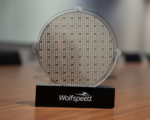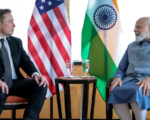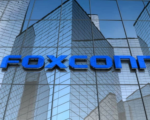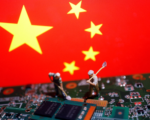Washington’s recent designation of CATL (Contemporary Amperex Technology Co. Ltd.) as a company linked to China’s military could complicate Tesla’s operations and its relationship with the U.S. government. CATL, the world’s largest battery manufacturer, supplies lithium iron phosphate (LFP) batteries to Tesla, particularly for its Shanghai factory, which is Tesla’s largest manufacturing site. The U.S. automaker exports vehicles equipped with CATL batteries to international markets such as Europe and Canada.
The U.S. Department of Defense’s designation of CATL and other Chinese companies, including Tencent Holdings, raises concerns about the potential security risks associated with doing business with these companies. Although the designation itself does not impose direct restrictions on CATL’s operations, it could harm the reputation of the company and create additional pressure on U.S. entities, like Tesla, that rely on CATL’s products.
Tesla is in the midst of finalizing a deal with CATL to license battery production technology for a new facility in Nevada, expected to begin operations in 2025. The two companies are also in talks about expanding their collaboration for Tesla’s Megapack energy storage product. Despite the designation, no immediate impact on Tesla’s operations is expected, but the growing political tension over China’s military connections could raise questions for businesses considering future partnerships with CATL.
Morningstar analyst Seth Goldstein suggests that while Tesla is likely to continue its partnership with CATL due to the strategic importance of these ties to China, the situation is complex. Lawmakers’ pressure on U.S. utilities, such as Duke Energy, to phase out CATL products could encourage caution among other businesses. Goldstein points out that cutting ties with CATL could have more severe political repercussions in China than any consequences within the U.S.
The U.S. government’s stance on Chinese military connections has been gaining momentum, with recent legislative measures that could prevent federal contracts with companies linked to the Chinese military. The 2024 defense authorization act could ban the Department of Defense from contracting with companies on the U.S. CMC list starting in 2026.
CATL, in response, has denied any military involvement and called the U.S. designation a mistake. As Tesla navigates this increasingly complex political landscape, it could find its global expansion efforts and relationships with both the U.S. and China at a critical crossroads.
















